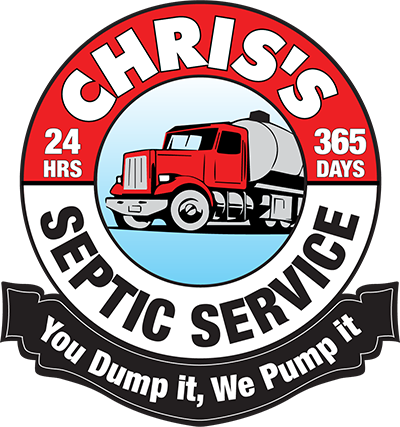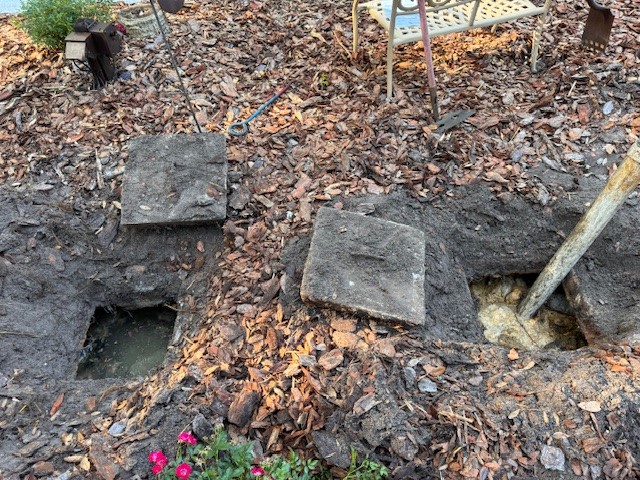Sewage system cleaning involves the removal of accumulated debris, sediment, and other materials from the various components of a sewage or wastewater system. This comprehensive maintenance process is essential for several reasons:
Preventing Blockages: Over time, foreign objects, grease, and solid waste can accumulate in the pipes and conduits of a sewage system. This buildup can lead to blockages, disrupting the flow of wastewater and potentially causing backups or overflows. Regular cleaning helps prevent these blockages, ensuring the uninterrupted flow of sewage.
Maintaining System Efficiency: A clean sewage system operates more efficiently. By removing obstructions and sediment, the system can transport wastewater more effectively, reducing the risk of slow drainage, foul odors, and system malfunctions. This, in turn, helps prevent costly repairs and ensures the system’s optimal performance.
Preventing Corrosion and Damage: Sediment and corrosive substances in sewage can contribute to the deterioration of pipes and other system components over time. Regular cleaning helps mitigate the risk of corrosion, extending the lifespan of the infrastructure and reducing the likelihood of leaks or structural damage.
Minimizing Odors: Accumulated debris in sewage systems can produce unpleasant odors that may affect surrounding areas. Cleaning removes these odor-causing materials, improving the overall air quality and creating a more pleasant environment for both residents and workers in the vicinity.
Reducing Health Risks: Sewage contains harmful bacteria and pathogens that pose health risks to humans and the environment. Regular cleaning helps control the growth of bacteria and reduces the potential for contamination, thereby minimizing health hazards associated with exposure to sewage.
Compliance with Regulations: Municipalities and environmental agencies often have regulations in place to ensure the proper maintenance and operation of sewage systems. Regular cleaning is essential for meeting these regulatory requirements, helping property owners and municipalities avoid fines and legal consequences.
Facilitating Inspections and Repairs: A clean sewage system facilitates inspections and repairs. When pipes and components are free from debris, maintenance personnel can more easily identify potential issues, assess the condition of the infrastructure, and perform necessary repairs or upgrades.
In summary, sewage system cleaning is a proactive and preventive maintenance practice aimed at ensuring the efficient and safe operation of wastewater infrastructure. It addresses various issues, including blockages, system inefficiencies, corrosion, and potential health risks, contributing to the longevity and reliability of the entire sewage system. Regular cleaning is a key component of responsible wastewater management and compliance with environmental regulations.

